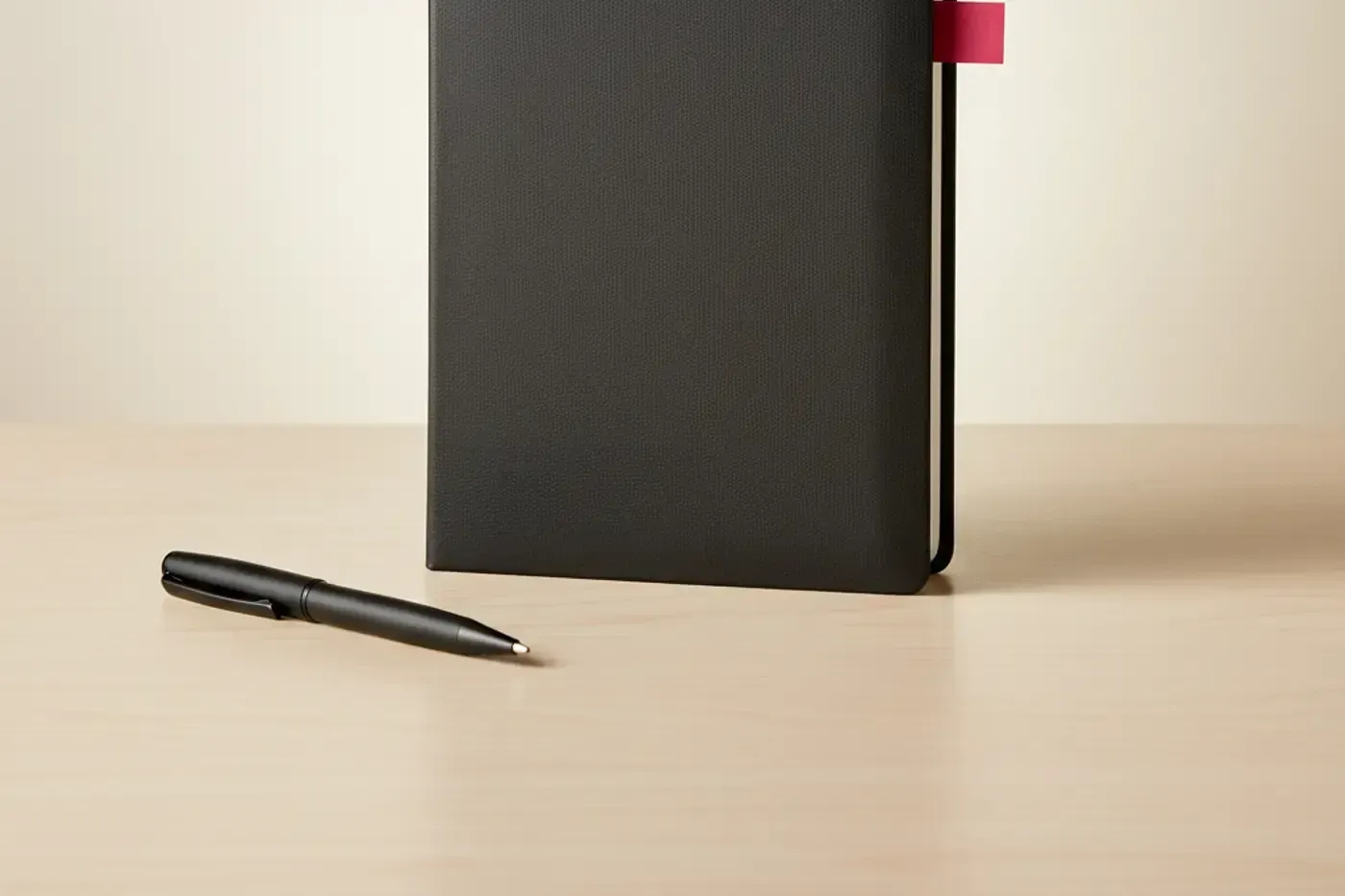The longer I work as a developer, the harder it becomes to decide where to invest my time. This challenge intensifies when balancing work with family and social commitments. Despite using time tracking tools, project management systems like Trello, and productivity techniques, two fundamental questions remain: How do I know I’m focusing on the right priorities? And how do I decline project requests without damaging relationships?
Time moves differently as an adult than it did in childhood. Remember staring at classroom clocks, watching seconds crawl by? That experience vanishes in professional life. Days accelerate, deadlines approach rapidly, and commitments often remain half-finished. Since time is our most precious resource, we must allocate it deliberately.
Physical exercise deserves priority status. I notice significant mood deterioration when I skip workouts—my eating habits worsen, and my attitude becomes negative and self-critical. The specific activity matters less than consistency. Whether it’s structured fitness programs, spontaneous movement, or recreational sports, find something sustainable. If one approach doesn’t work, try another until something sticks.
Despite productivity culture suggesting every free moment should advance career goals or side projects, I advocate for deliberate leisure time. Set aside at least an hour daily for seemingly unproductive activities—playing music, reading fiction, watching shows, or gaming. Mental recovery isn’t optional; it’s essential for sustained performance.
Sleep quality and quantity directly impact cognitive function. Five hours isn’t sufficient; proper rest outperforms any amount of caffeine. Sometimes, your subconscious even solves complex problems during sleep—I’ve awakened with solutions to coding challenges that eluded me while working.
Meaningful relationships require face-to-face interaction, not just digital engagement. Social media interactions can’t replace authentic connection. Invest time in people who matter to you through direct communication and shared experiences.
As your career progresses, you’ll recognize how valuable your discretionary time becomes. Creative professionals—designers, developers, writers, artists—frequently receive project requests from personal connections. Consider these carefully before committing, as overextension can damage both the work and the relationship.
When declining opportunities, honesty serves everyone best. If a project doesn’t genuinely interest you, acknowledge this directly. Explain your current commitments and capacity limitations. In my experience, accepting projects out of obligation creates anxiety and reduces overall productivity.
Maintain your boundaries when others attempt to negotiate. Higher compensation or better terms rarely transform an unsuitable project into a good fit. Trust your initial hesitation—it usually signals legitimate concerns.
Personal connections complicate professional decisions. Working with friends or family often feels obligatory, but these projects typically benefit from professional distance. Emotional history can cloud judgment and introduce relationship complications that outlast the project itself.
Learning to decline opportunities becomes easier with practice. Early-career professionals often feel pressure to accept everything to build portfolios and reputation. However, if your instincts warn against a project, listen to them. Life is too brief for work that doesn’t engage your talents or interest. Better opportunities that align with your strengths and passions will emerge when you create space for them.
